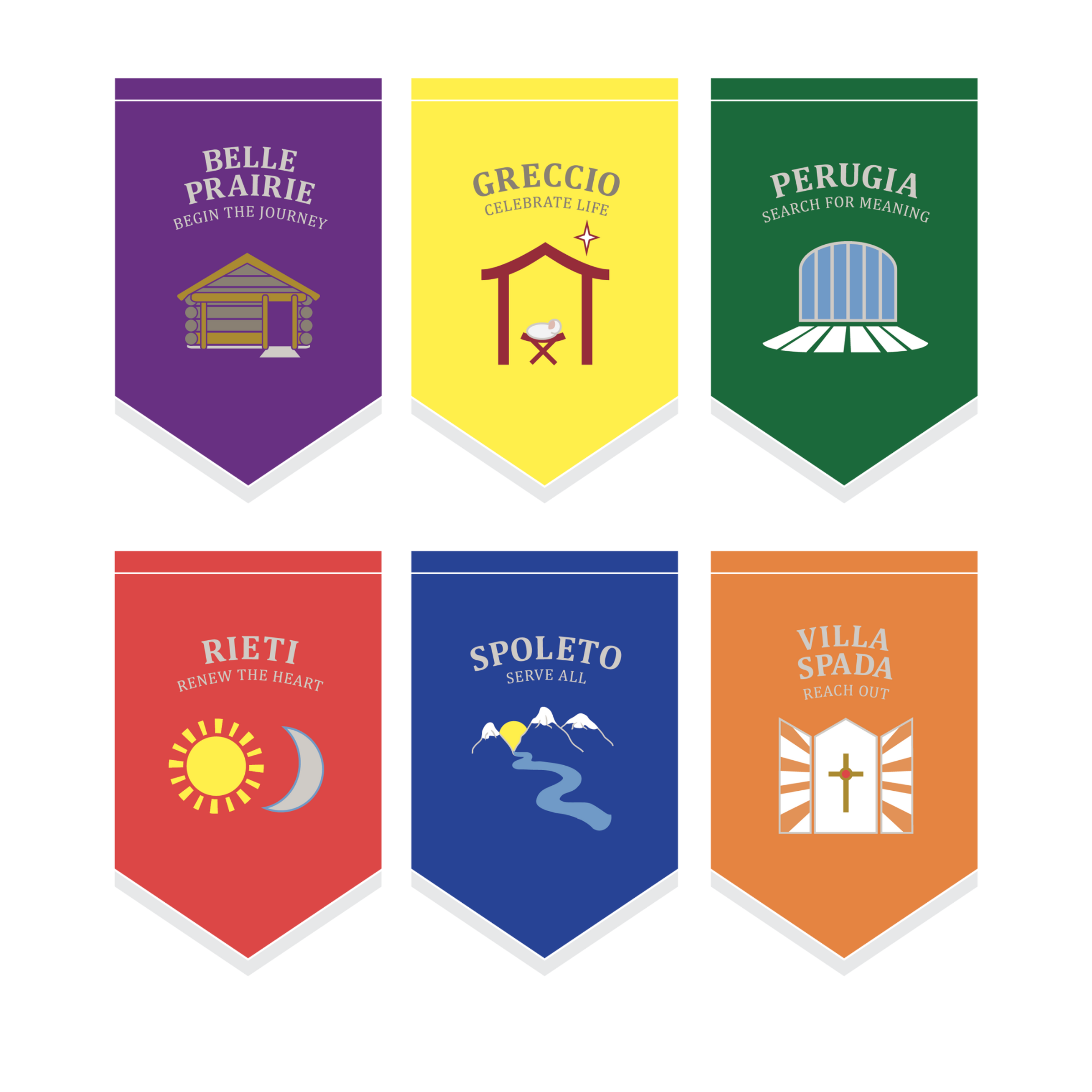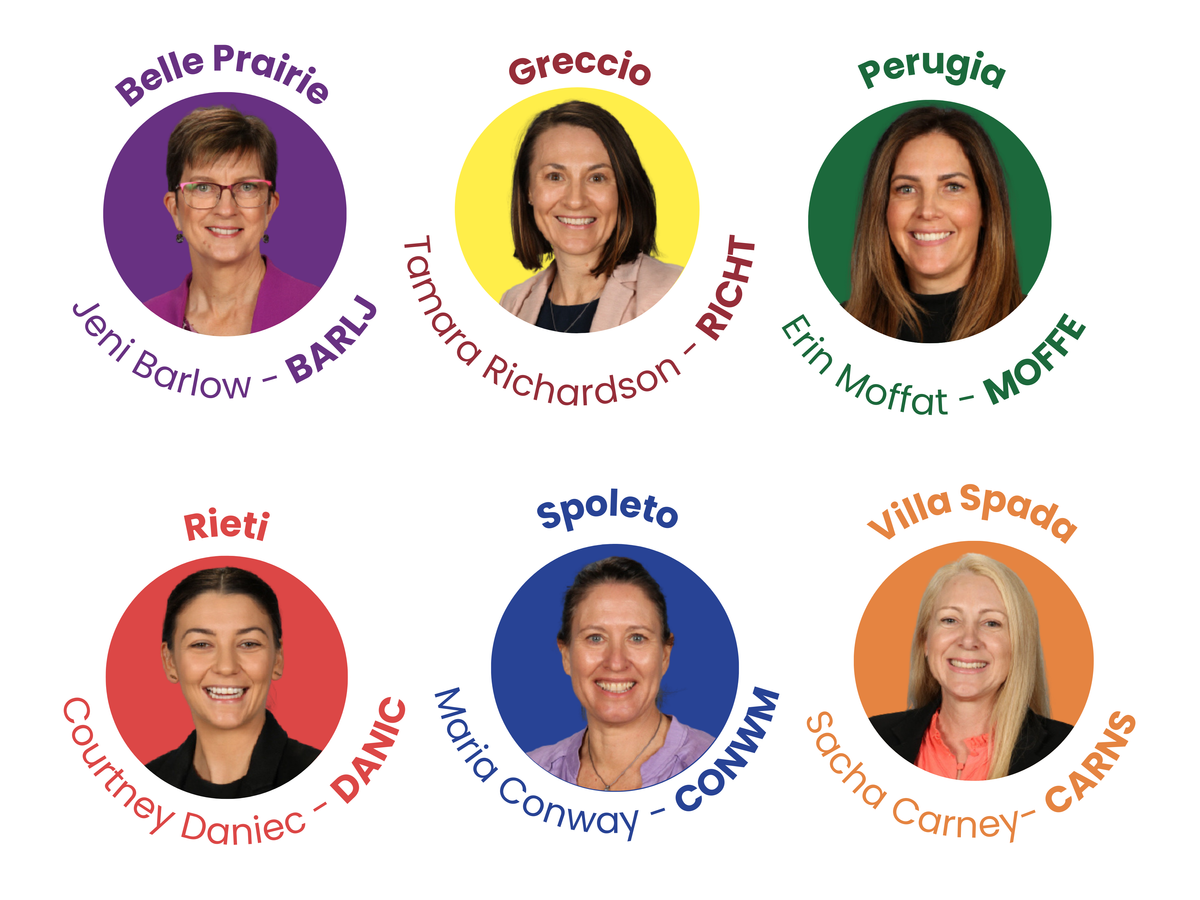What Makes a Great Learner?
Heads of House

What Makes a Great Learner?
Heads of House


At our recent assemblies, we celebrated the many ways our students shine - be it academic success or engagement in our broad array of opportunities. These occasions remind us that learning success is multi-dimensional, touching every part of our students' lives—socially, emotionally, physically, intellectually, culturally, and spiritually.
At Mount Alvernia, we believe being a great learner is exemplified through our Learner Dispositions: persistence, agency, scholarship, readiness, aspiration, and high-impact learning strategies. These are not exclusive traits - they are mindsets any student can cultivate, practise, and develop.
For many of the students recognised at our assemblies, their success stems from hard work, intentional effort, and learning from mistakes. Every day presents opportunities to grow and build new skills. As John Dewey famously said, “Education, therefore, is a process of living and not a preparation for future living” (1897), reminding us that learning is an ongoing process, deeply embedded in everyday life.
With assessment season upon us, these dispositions become ever more essential. Success isn’t just about recalling information—it’s about the how: how students engage, persist, prepare, and apply strategies thoughtfully. More importantly, these habits form the foundation for lifelong success. The skills of a good learner in the classroom are transferable to all aspects of life—helping shape the graduates we aim to develop at Mount Alvernia: people who can engage with and contribute to an ever-changing world, and people of difference who work to make meaningful contributions to our dynamic world
Here are actionable and encouraging ways you can support these qualities with your child:
When home and school align in nurturing these dispositions—creating environments of trust, curiosity, and growth—every student can thrive. Together, we’re fostering not only successful learners, but compassionate, resilient, and future-focused contributors to our world.
The Head of House team.